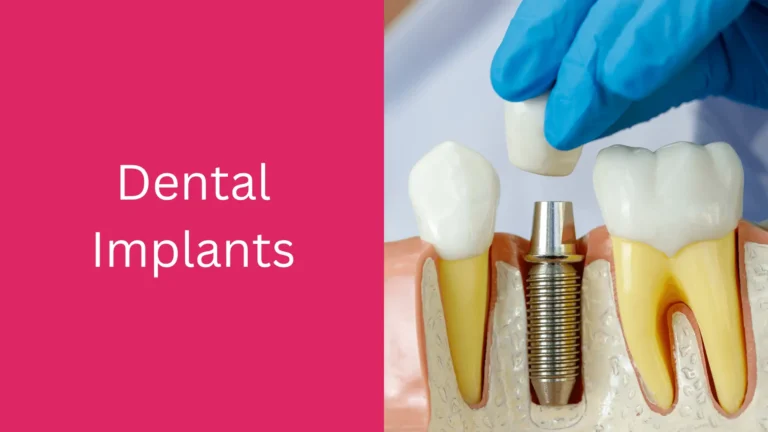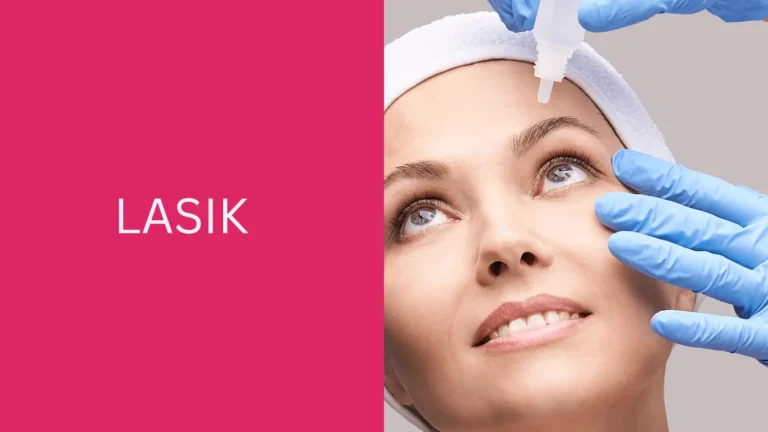How Much Does a Crown Cost Without Insurance? Here’s What to Expect
How Much Does a Crown Cost Without Insurance, When it comes to your dental health, a crown can be a game-changer. Whether you’re looking to restore a damaged tooth or improve your smile’s appearance, crowns are a reliable solution. But what happens when you don’t have dental insurance? How much should you be prepared to spend?
This guide breaks down the factors influencing the cost of dental crowns and provides you with tips to save money on this important procedure.

What Is a Dental Crown?
Before we get into the costs, it’s helpful to understand exactly what a dental crown is. A dental crown is a “cap” that’s placed over a damaged or decayed tooth to restore its shape, size, and function. They’re typically used to:
- Protect weak or cracked teeth.
- Restore broken teeth.
- Cover severely discolored or misshapen teeth.
- Complete a dental implant or anchor a dental bridge.
Crowns are made from a variety of materials, including metal, porcelain, ceramic, and resin, each with its own price point and benefits.
How Much Does a Crown Cost Without Insurance?
The cost of a dental crown without insurance can vary significantly based on several factors, including the type of material used, your dentist’s location, and the complexity of your procedure. Here’s a breakdown of average prices:
- Metal Crowns (Gold, Platinum, or Base Metal Alloys): $800 – $2,500
Metal crowns are extremely durable and long-lasting but may not be the most aesthetic choice, as they are more noticeable.
- Porcelain-Fused-to-Metal (PFM) Crowns: $800 – $1,800
These crowns provide a balance between durability and appearance. The porcelain exterior helps them blend in with natural teeth, making them a popular option.
- All-Porcelain or All-Ceramic Crowns: $1,000 – $3,000
Offering a natural look that closely resembles real teeth, these crowns are ideal for front teeth. However, they may not be as durable as other materials.
- Resin Crowns: $600 – $1,500
Resin crowns are less expensive but tend to wear down faster and may require replacement sooner.
Keep in mind that additional procedures, such as root canals or X-rays, could increase the overall cost. On average, you can expect to pay anywhere from $800 to $3,000 for a dental crown without insurance.
Factors That Influence the Cost of a Crown
The wide price range is due to several factors, including:
1. Material Used
The type of material is the most significant factor. While resin crowns are more budget-friendly, options like all-porcelain or metal may offer better durability and aesthetics, albeit at a higher price.
2. Location of the Dentist
The cost of dental procedures often depends on where you live. Urban areas and cities with higher living costs tend to have higher dental fees than smaller towns.
3. Position of the Tooth
The location of the tooth in your mouth matters. Crowns on molars, for example, might be more expensive due to the larger size and higher durability requirements.
4. Complexity of the Procedure
If your tooth requires additional treatment, such as a root canal or extensive shaping, this will add to the cost. Some situations may also require temporary crowns, which can increase the price.
5. Dentist’s Expertise
Highly experienced or specialized dentists may charge more for their services. However, this could be worth the extra cost for complex procedures or natural-looking results.
How to Save on a Crown Without Insurance
If you’re concerned about the cost of a crown, don’t worry—you have options! Below are a few tips to help make the procedure more affordable:
1. Look for Dental Plans or Membership Programs
Many dental offices offer savings plans or discounted rates for uninsured patients. Membership programs often provide yearly benefits like reduced procedure costs, including crowns.
2. Get a Second Opinion
Prices can vary significantly from one dentist to another. If one quote seems too high, don’t hesitate to shop around and compare options.
3. Explore Dental Schools
Dental schools often provide discounted services performed by supervised students. While it may take a little longer, you’ll save significantly on the cost of a crown.
4. Ask About Payment Plans
Many dentists offer flexible payment plans to break the cost into manageable monthly installments. This can be an excellent option if you can’t pay the full amount upfront.
5. Check for Financing Options
Companies like CareCredit specialize in healthcare financing for dental procedures, allowing you to pay off your treatment over time, often with low or no interest.
6. Prioritize Preventive Care
While this tip won’t lower the cost of a current crown, it can help you avoid the expense of future crowns. By staying on top of regular dental checkups and cleanings, you can catch dental issues early before they escalate.
Why is Getting a Crown Worth It?
The upfront cost of a crown might seem steep—but consider it an investment in your dental health. Without a crown, a damaged or decayed tooth can worsen and lead to even costlier procedures, like tooth extractions or dental implants. Crowns also restore functionality, allowing you to chew and speak properly, all while improving the appearance of your smile.
Final Thoughts
Navigating dental procedures without insurance can be overwhelming, but understanding your options is the first step. Dental crowns are an investment in your long-term oral health, and there are ways to make this important procedure more affordable, even without insurance coverage.
If you’re ready to explore cost-saving options or need expert advice on your dental care, don’t hesitate to contact your local dentist. A healthy, confident smile is more accessible than you think!






